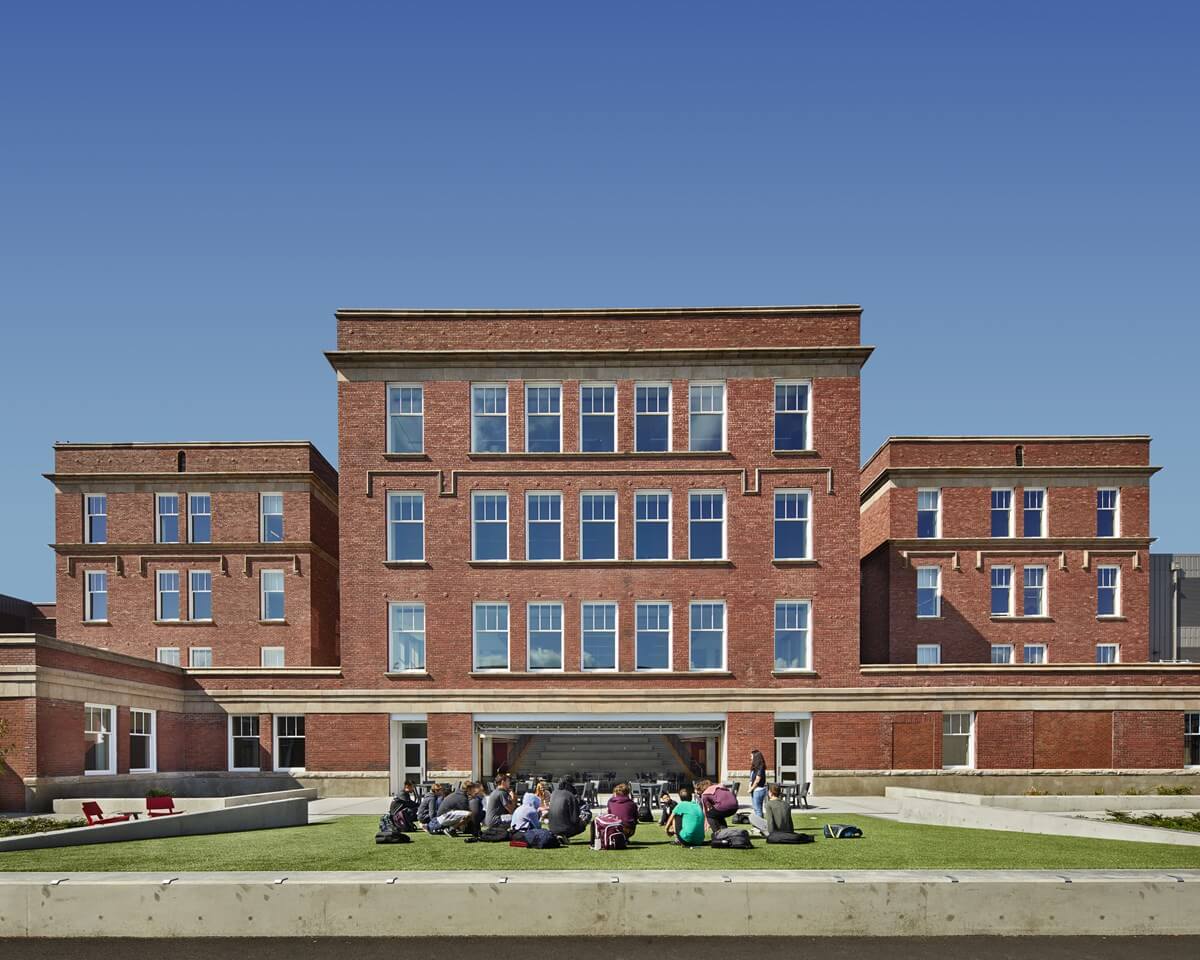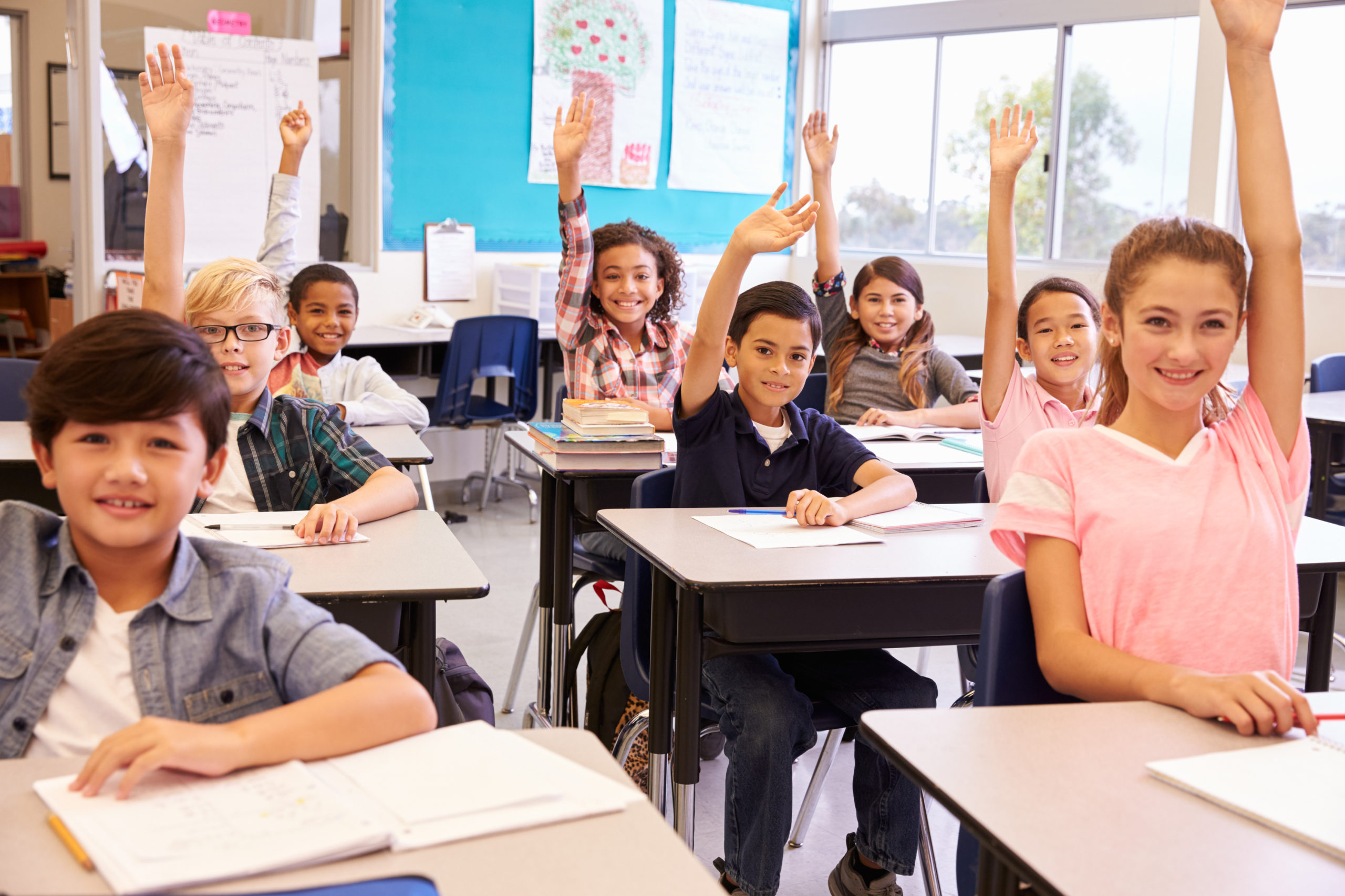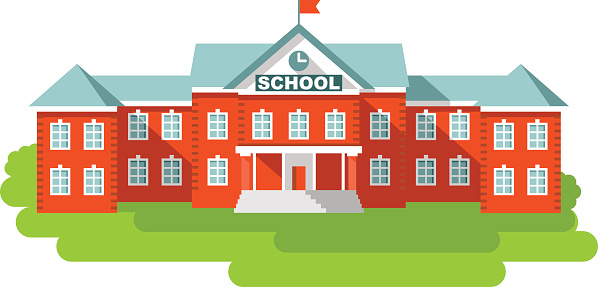Discover the Benefits of Advocacy: Save Temecula Schools
Wiki Article
Recognizing the Importance of Colleges in Child Advancement and Community Growth
Schools act as essential institutions for kid development and neighborhood development, providing settings where academic accomplishments are complemented by the growing of social abilities and exposure to varied viewpoints. These academic settings not only advertise essential reasoning and effective communication but also foster empathy with collaborative tasks. Furthermore, colleges' involvement with regional communities with service-learning campaigns reinforces the bond in between family members and educational institutions. This cooperative relationship underscores the significance of institutions in nurturing active citizenship and lifelong knowing habits. Nonetheless, what are the details devices whereby these institutions achieve such profound impacts?Academic Success
Academic success functions as a foundation of child development, offering the foundation upon which future discovering and success are built. Schools play a critical function in fostering this scholastic growth, using organized atmospheres where children can acquire necessary knowledge and cognitive skills. Standard curricula ensure that trainees gain proficiency in core topics such as maths, scientific research, and language arts, which are critical for both higher education and professional possibilities.In addition to giving fundamental academic skills, schools also cultivate vital reasoning, analytical capacities, and intellectual inquisitiveness. These cognitive proficiencies are crucial for browsing complex real-world situations and adapting to the ever-evolving demands of the modern-day work environment. Teachers, as facilitators of learning, use varied pedagogical methods to satisfy diverse understanding designs, thus taking full advantage of specific student capacity.
Moreover, academic success is closely linked to self-esteem and inspiration. Children who experience scholastic success are a lot more most likely to develop a positive self-concept and a long-lasting interest for understanding. Colleges also offer various resources, such as collections and modern technology, which even more enhance the instructional experience and prepare students for a technically innovative culture.
Social Skill Advancement
Beyond academic success, the function of colleges in social skill growth is indispensable. Schools work as a main location for youngsters to learn and exercise important social abilities such as problem, interaction, and participation resolution. In the organized environment of a class, students connect with peers, teachers, and various other school personnel, providing many opportunities to develop these essential abilities.Effective social ability advancement in schools is facilitated with team tasks, joint tasks, and extracurricular programs. These communications aid pupils recognize social norms, construct compassion, and foster a sense of area. Team tasks instruct students how to work together in the direction of a typical goal, pay attention to different viewpoints, and browse disputes constructively.

The cultivation of social abilities during academic year lays a foundation for future individual and professional connections. Save Temecula Schools. As students mature, the ability to efficiently connect and team up becomes increasingly vital, highlighting the institution's crucial duty in holistic child advancement
Exposure to Variety
Direct exposure to variety in colleges is essential to fostering an inclusive way of thinking and expanding students' point of views. Schools offer as a microcosm of the broader culture, and running into diverse societies, languages, and socioeconomic backgrounds within this atmosphere furnishes trainees with crucial abilities for navigating a progressively globalized world. This direct exposure encourages compassion, reduces prejudices, and promotes see this site shared regard among peers.Research study indicates that pupils who interact with peers from different histories display better analytic skills and creative thinking. This understanding of diversity prepares pupils for future work environments that value multicultural proficiency - Save Temecula Schools.

Community Interaction
The advantages of varied classrooms prolong beyond the institution wall surfaces, cultivating a strong sense of neighborhood interaction among trainees. By connecting with peers from numerous social, socioeconomic, and ethnic histories, pupils acquire a more comprehensive perspective and a gratitude for diversity. This direct exposure encourages them to become active citizens who are willing to contribute positively to their communities.Schools that emphasize community involvement typically integrate service-learning jobs, which allow students to deal with real-world issues while applying academic skills. These tasks not just enhance pupils' understanding of their coursework yet likewise impart a sense of duty and compassion. Collaborations between colleges and neighborhood companies supply students with possibilities to take part in community events, further strengthening their role as aggressive community participants - Save Temecula Schools.
In addition, parental and neighborhood participation in institutions reinforces the bond between academic establishments and the neighborhoods they serve. With these initiatives, schools play an essential duty in supporting neighborhood involvement and cultivating societal growth.
Lifelong Understanding Routines
Developing lifelong knowing routines is crucial for a kid's continual development and flexibility in an ever-changing globe. Schools play an essential function in instilling these routines by producing a setting that cultivates inquisitiveness, crucial reasoning, and a love for expertise. Through diverse curricula and extracurricular activities, instructors motivate trainees to explore various subjects, examine information critically, and use their visit this site right here finding out to real-world scenarios.
Furthermore, colleges provide a structured setting where youngsters can create self-discipline and time monitoring skills, both of which are important for continual learning. By stressing the relevance of setting goals, assessing progression, and adjusting strategies, universities prepare pupils to browse the intricacies of grown-up life, ensuring they remain long-lasting students and factors to culture.
Conclusion
In conclusion, institutions are necessary in cultivating child development and community growth by offering settings for academic achievement, social skill development, and exposure to variety. Through collaborative projects and interactions, schools enhance critical reasoning, compassion, and interaction abilities. Neighborhood interaction initiatives additionally enhance the bond between neighborhood areas and instructional organizations. Eventually, schools cultivate long-lasting understanding routines, furnishing individuals with the required knowledge and abilities to add positively to society.In the organized setting of a classroom, pupils communicate with peers, educators, and other institution team, providing countless chances to create these crucial capacities.
In essence, exposure to variety within colleges not only enhances specific students however additionally strengthens the social fabric of the neighborhood as a whole.
The advantages of diverse classrooms prolong past the school walls, promoting a solid feeling of community interaction among pupils.Colleges that emphasize community interaction usually incorporate service-learning projects, which enable trainees to attend to real-world troubles while using academic skills. Partnerships between institutions and regional companies give trainees with chances to take part in neighborhood occasions, additionally strengthening their duty as proactive neighborhood participants.
Report this wiki page